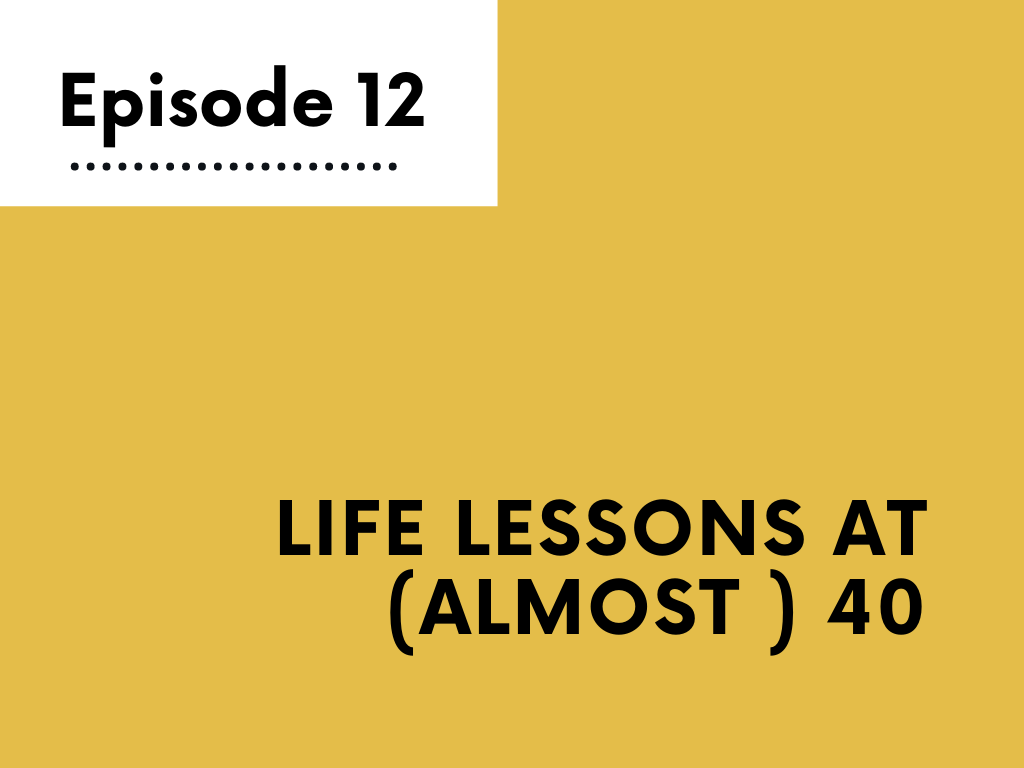Empathy Will Save Us
A quick survey of this seemingly apocalyptic reality we’re all living reveals shortages of toilet paper, paper towels, face masks for health care workers and citizens alike. A walk down the dried food isle and you’ll see empty shelves where the pasta, rice, beans and lentils used to rest.
The economic state of the country seems to indicate a recession, or even a possible depression may be nearing. In the last three weeks, roughly 17 million people applied for unemployment benefits, and those numbers continue to climb.
However, the one surprising thing that seems to be at an all-time high – empathy. It’s a crazy thing to think that this virus is impacting every single person in the entire world, all 7.8 billion of us. No one is alone in this – no one. It’s crossed every socio-economic line in the world, as we’ve seen recently when Boris Johnson, the Prime Minister of the U.K. was diagnosed with the virus. We are in this together, for better or worse.
In my condo development of hundreds of people, our Facebook page, once filled with petty posts of people complaining about dog owners not picking up their dog’s excrements, is now filled with posts asking if anyone needs anything from the grocery store, or inquiries about what stores have toilet paper. Our condo association sent out an email asking if people would be able to help neighbors in need – a stream of respondents happily offered assistance.
Before the virus hit, I shamefully knew just a few of my neighbors. Now, I talk to nearly all of them. They drop off any missing ingredient I may have – vinegar, ice for my iced coffee and even soup in exchange for stamps. Nearly once a week, we have a socially distant happy hour where we meet in the open grass area in our development and enjoy a drink while exchanging some laughs and commiserate about the drastic changes in our lives. All people that I didn’t know that well prior to this pandemic, now it feels like we’re nearing family status.
In just a month, our values have drastically shifted. Shiny pretty things no longer rein supreme. Instead, human connection, and one’s health and well-being and supply of toilet paper top the list. Zoom calls have replaced happy hours, family reunions, dinner dates – even memorials, which is what my old co-workers and I did today after another one of our co-worker passed away last week. Together, we shared stories about a life lost in the midst of this insanity. Unable to mourn physically together, we did it virtually. We’re all craving human connection and missing the lives that we once had.
The real heroes of our country have finally taken center stage, the people who have always and will always be the foundation and backbone of our society – the teachers, health care workers, delivery drivers, postal workers, manual laborers, restaurant workers, maintenance workers, grocery store clerks, fire fighters, police officers, etc.
Some of these professions, we’ve often overlooked, and now, ironically, they’re the ones keeping this country together and putting their lives on the line doing it.
For years, we have cut education budgets in this country. Teachers, the people responsible for raising our nation’s children, have been, and still are, underpaid.
How quickly everyone with children has learned how exhausting it is to keep their children entertained and educated for 7-8 hours a day. In the blink of an eye, we’ve now realized the true financial compensation that teachers deserve, and it doesn’t match their current salaries. Perhaps this will change when this is over.
Our place on the world stage has changed as well. The United States has resided at the top of our metaphorical mountain – critical of socialized medicine, and other country’s governments that didn’t resemble our own. Any conflicts and wars that we’ve been involved in have rarely been our soil, so our country hasn’t known what it’s like to fight a battle that debilitates nearly every aspect of society. Simply put, we’ve had it easy.
So many of us were critical of Syrian refugees fleeing war or really any refugee, not really understanding the true magnitude of being robbed of everything you own and love in life. Now, with so many deaths and changes in this country, we’ve been humbled. Humbled that it can all be taken away so quickly. Humbled that we have always been a country of greatness, and now we’ve all realized we have a lot of work to do when so many health care workers have to re-use the same masks everyday, and don’t have the proper supplies they need to do their job. Cracks in our foundation have been revealed, and now we have an opportunity to fix what’s been broken for a long time in this country – health care and economic inequalities and inequities.
The lesson is this: Nothing in this life is done alone. Perhaps it’s time to throw away the individual mindset that has reined in our country for so long. Together we have to stay at home, not just for ourselves, but for my mom who has asthma or your grandfather who has COPD. It’s not just about self anymore, it’s about the collective whole – a return to thinking about the health of the community, the group.
Life as we know is over, but life isn’t over. A new one will eventually begin, and hopefully it will be filled with more empathy, compassion, gratitude and equity than the lives we left behind.
Hungry for More?
Listen to my podcast on how Empathy is a Super Power
Podcast Details: Sensitivity and empathy are often deemed to be a weakness. In this podcast Tahira Hayes and Gina explore the benefits of being empathetic and how to use it as an asset as you navigate the world.
Featured Guest: Gina O'Neal, Educator
Gina O'Neal is a reoccurring special guest on the Tall Hungry Girl Talks podcast. During the day, she serves as an administrator in education. When she's not at school, she's a lot of things to many people including professional advice giver, comedian, best friend to many, and most importantly, Beyonce's number one fan




